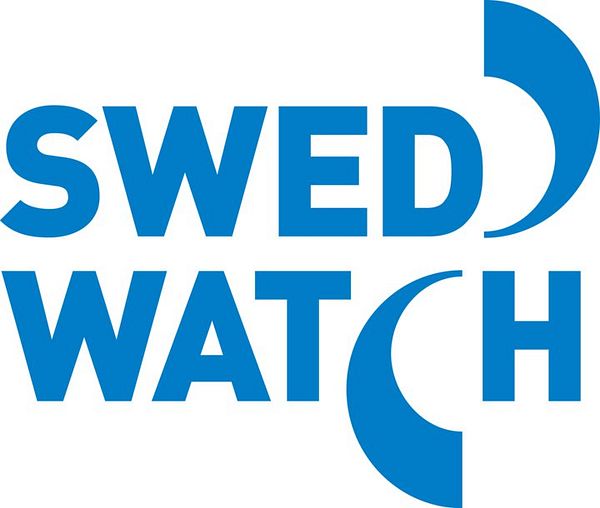
Pressmeddelande -
A law regulating corporate responsibility for human rights is feasible – and in demand
Concerned about Sweden's intention to vote against the Corporate Sustainability Due Diligence Directive and misleading comments made by the minister in charge, Swedwatch, Fairtrade Sweden, the Swedish Society for Nature Conservation, Oxfam Sweden and ForumCiv released a joint statement to set the record straight.
Download the full statement (in Swedish).
According to Brussels sources, Sweden may be the only country planning to vote no to the Corporate Sustainability Due Diligence Directive (CSDDD). As several countries have yet to make a final decision, Sweden's vote may be critical for the final outcome.
Swedish Minister Ebba Busch publicly criticized the directive last week for being almost unenforceable. This criticism is hard to understand. Sweden has been waiting for EU-wide legislation for a long time. According to its national action plan on business human rights, there is a clear expectation that Swedish companies must respect human rights and comply with the UNGPs. In addition, many Swedish companies are urging the government to support CSDDD.
Claims that the directive could cause an administrative burden for companies are ill-judged. Compliance with human rights and environmental standards should never be seen as a burden, rather as an obligation under international law and norms. That the directive is described as unmanageable for companies with long and complex supply chains is hard to reconcile with the fact that a large number of Swedish, Nordic and European companies, many of which with complex supply chains, are calling for common legislation.
It is in fact the lack of harmonized legislation at EU level which complicates companies' due diligence efforts and leads to additional work and increased costs. Many Member States, including France and Germany, have already introduced national due diligence legislation, while advanced proposals are being discussed in the Netherlands, Spain, Finland, Belgium, Luxembourg and Austria. Voting no would force Swedish companies to deal with an increasingly complex patchwork of different national requirements and regulations.
The Minister's claims that SMEs can be negatively affected is also misleading. Several sections of the directive make it mandatory for large companies to assist SMEs with "targeted and proportionate support", including financial support. That is why SMEs call the agreed requirements both "appropriate and feasible".
The government's attitude is at odds with calls from the UN, companies, lawyers, academics, industry associations, unions and investors who all agree that the directive is ready for adoption. Opposing it now would not only undermine trust in the EU, but also damage Sweden's position as a sustainability leader.
Ämnen
Kategorier
Swedwatch är en ideell och politiskt obunden researchorganisation. Vårt mål är att företag, investerare och stater ska ta ansvar för mänskliga rättigheter och miljö och att rättighetsinnehavare kan göra sina röster hörda.


